Nowadays,Solder wireIt has become an indispensable part of electronic products. The quality of solder wire determines the connection quality and service life of electronic components. However, for many engineers and manufacturers, the topic of whether lead-based or lead-free solder wire is better has been widely discussed. For this issue, we still need to have an in-depth understanding. The following is an explanation from the solder wire manufacturer:
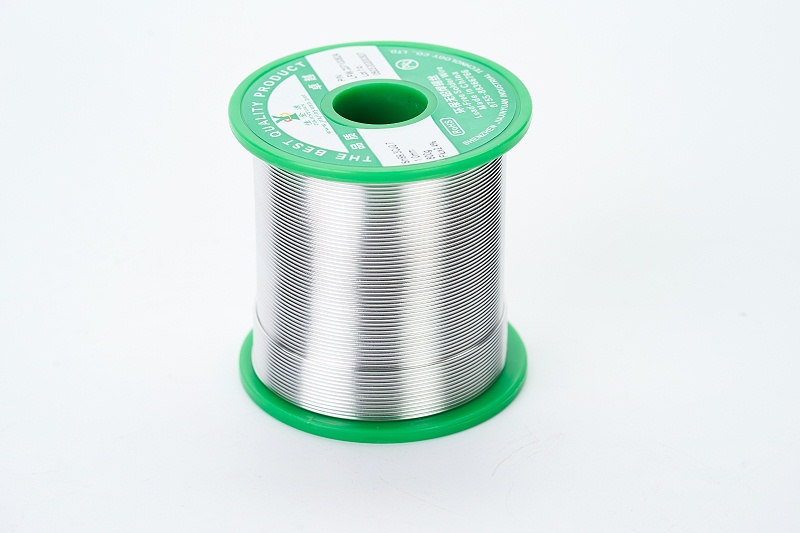
Leaded solder wire refers to solder wire with a certain proportion of lead added. This lead element can improve the fluidity and wettability of the solder. Therefore, using leaded solder wire for soldering can enhance the operability and reliability of soldering. Meanwhile, the solder joints processed from lead solder wire will have better electrical performance and mechanical strength. In addition, compared with lead-free solder wire, leaded solder wire has a lower melting point and requires a relatively lower temperature for soldering, which can ensure the stability of components in high-temperature thermal shock and vibration environments.
However, leaded solder wire generates some harmful metal vapors and exhaust gases during the soldering process, which can cause certain harm to soldering workers and the environment. The marketing of Internet electronic products is becoming increasingly popular, and more solders are needed to produce these products. If leaded solder wire is used, it will cause more environmental pollution. In addition, during the soldering production process, cumbersome safety protection measures need to be implemented to reduce the toxic effects of lead. Meanwhile, discarded lead-containing electronic products will further pollute the ecological environment.
On the contrary, the emergence of lead-free solder wire is more for environmental protection and ecological conservation. It is throughRoHSInstruction limitation10Item (LeadPb";" CadmiumCd";" MercuryHg";" Hexavalent chromiumCr6+";" Polybrominated biphenylsPBBs";" Polybrominated diphenyl etherPBDEs";" Diisobutyl phthalateDIBP";" Phthalic acid2-Ethylhexyl esterDEHP";" Dibutyl phthalateDBP";" Butyl benzyl phthalateBBPThe content (except for cadmium)Cd)100ppmThe following, the other nine are all1000ppmBelow), to eliminate the use of these harmful element components and reduce the amount of harmful chemicals used in the production process. Lead-free solder wire has the characteristics of being environmentally friendly, safe and reliable, and thus is also recognized and promoted by many countries.
In conclusion, whether it is better to use leaded or lead-free solder wire depends on the actual situation and needs. If you pursue high-quality welding results and can do a good job in environmental protection, or if the scenarios you use haveRoHSExemption, then use6337Leaded solder wire might be a good choice. Lead-free solder wire, on the other hand, is a good solution to environmental problems and is used in scenarios such asRoHSFor products other than those exempted, if they are to be exported to countries such as Europe, the United States, Japan and South Korea and have environmental protection requirements, only lead-free solder wire can be chosen. Whether it is leaded solder wire or lead-free solder wire, it is necessary to strengthen the usage norms and safety production measures to ensure comprehensive protection during the soldering process.
The above is some relevant introduction about which is better, leaded solder wire or lead-free solder wire. If you need to know more products, welcome to follow JJY Solder Wire and leave a message online to interact with us!
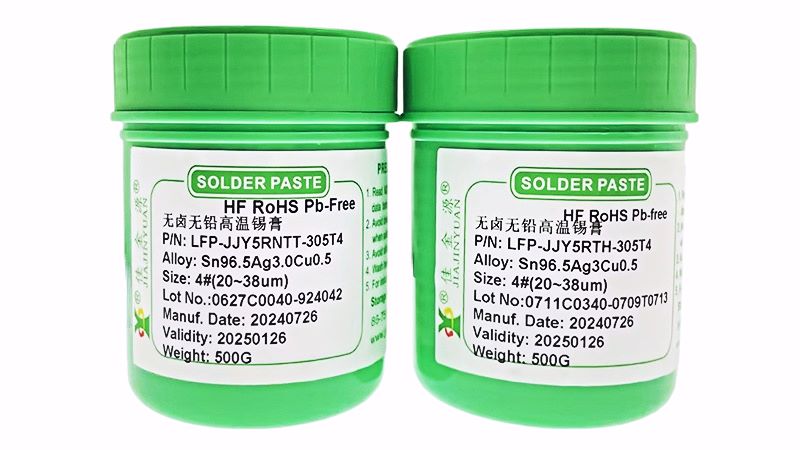
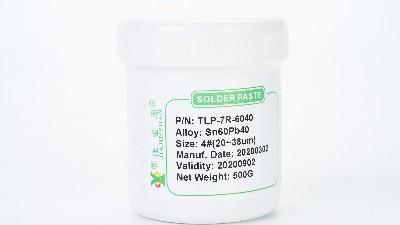
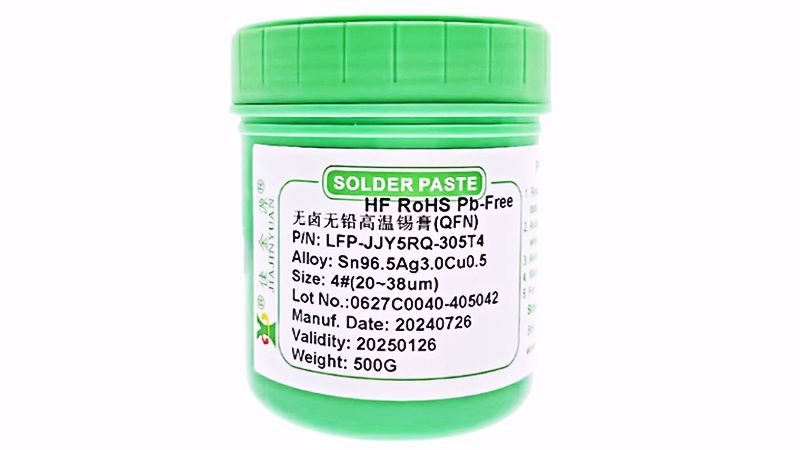
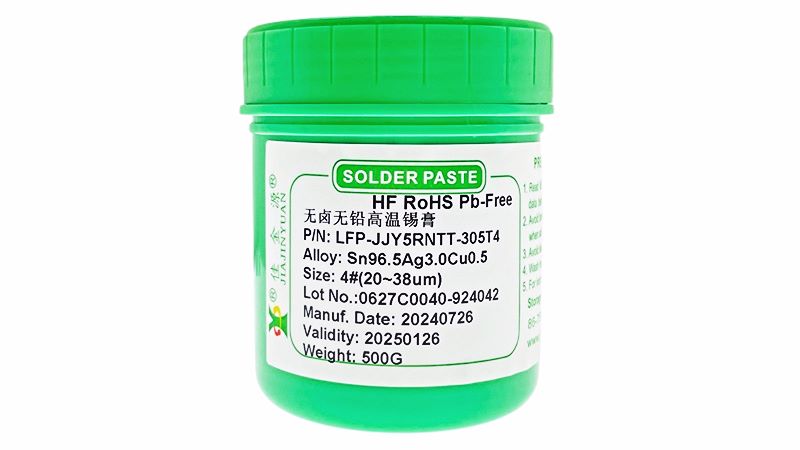

 Tel:+86 0755 88366766
Tel:+86 0755 88366766 Phone:+86 18938660310
Phone:+86 18938660310 Email:sales@jjyhanxi.com
Email:sales@jjyhanxi.com Address:13/F,12/F, Building No. B,Qinghu Technology Park,Qingxiang Rd.,Qinghu Community, Longhua Subdistrict,Longhua District,Shenzhen City,GUANGDONG Province,P.R.C.(518027)
Address:13/F,12/F, Building No. B,Qinghu Technology Park,Qingxiang Rd.,Qinghu Community, Longhua Subdistrict,Longhua District,Shenzhen City,GUANGDONG Province,P.R.C.(518027) Guangdong Public Security Backup 44030902002666 name
Guangdong Public Security Backup 44030902002666 name
 WeChat
WeChat WeChat official account
WeChat official account
